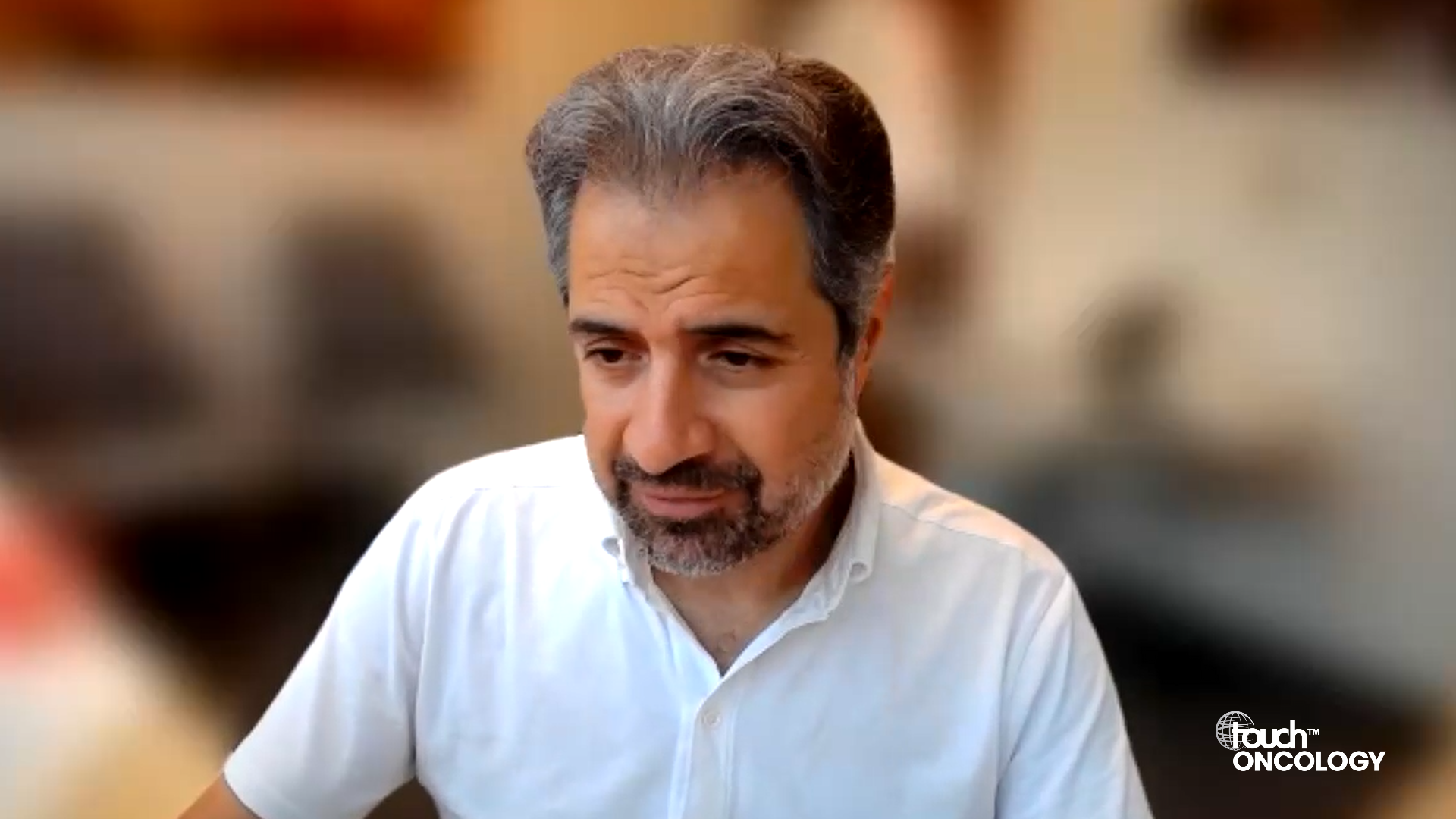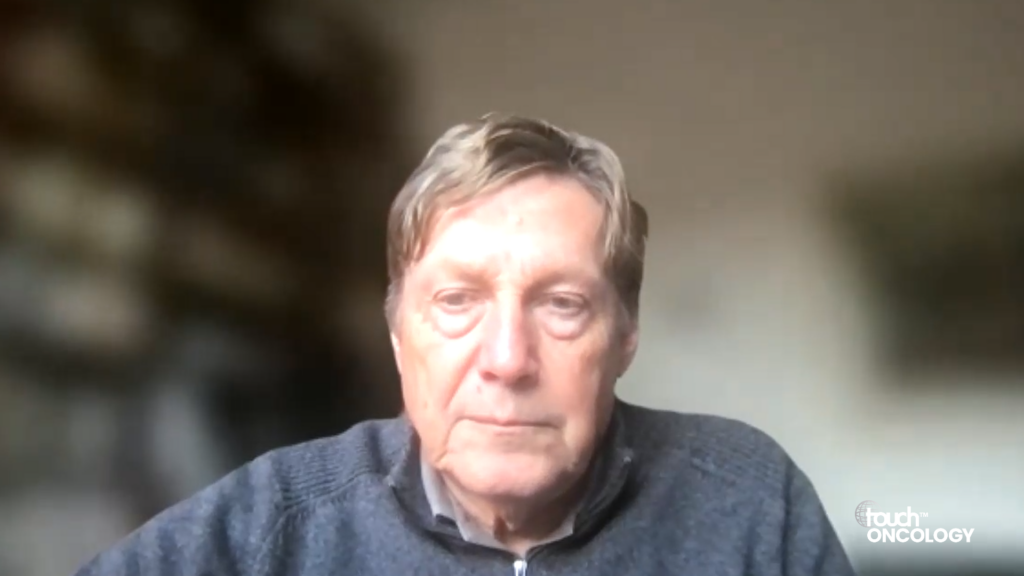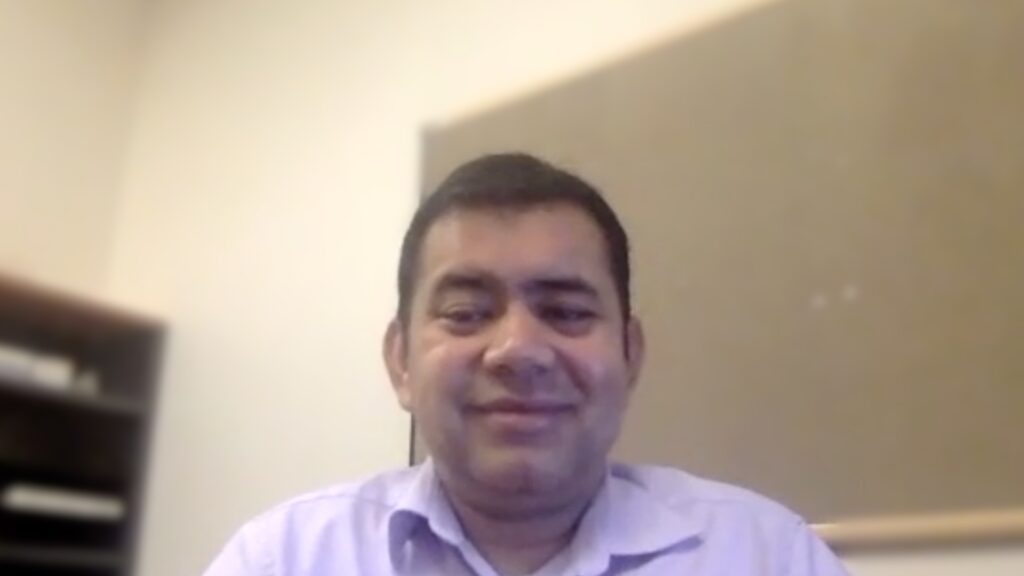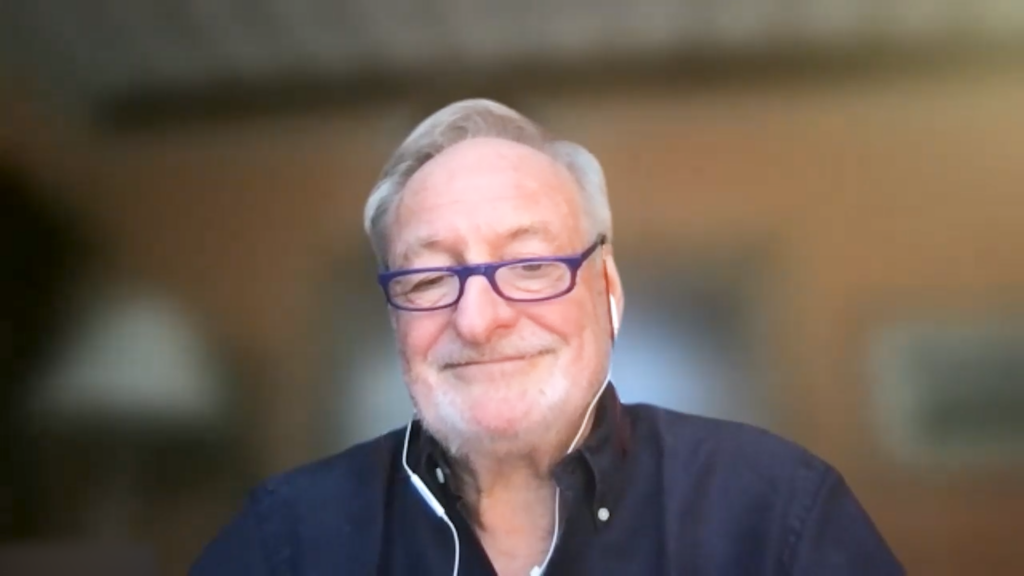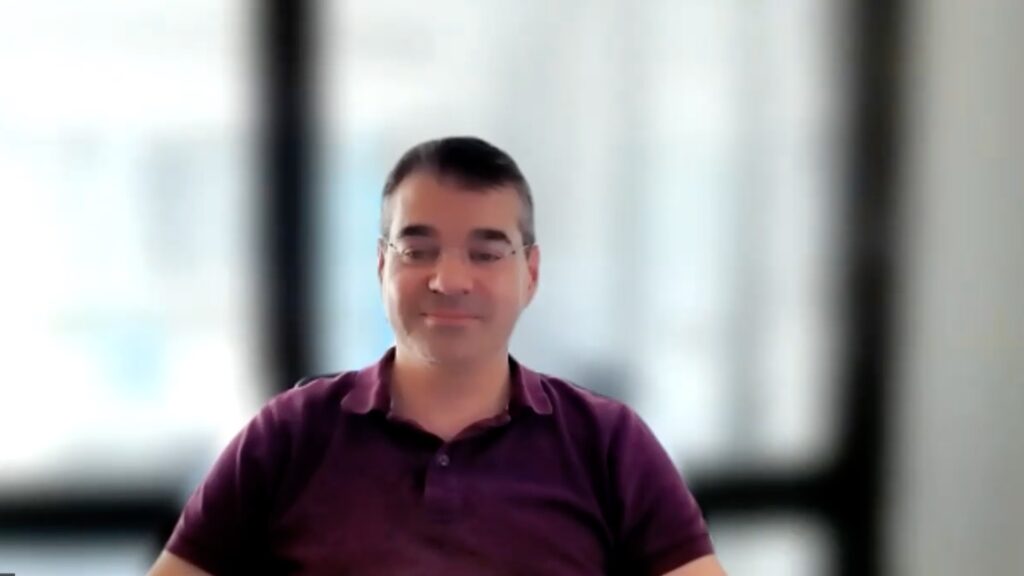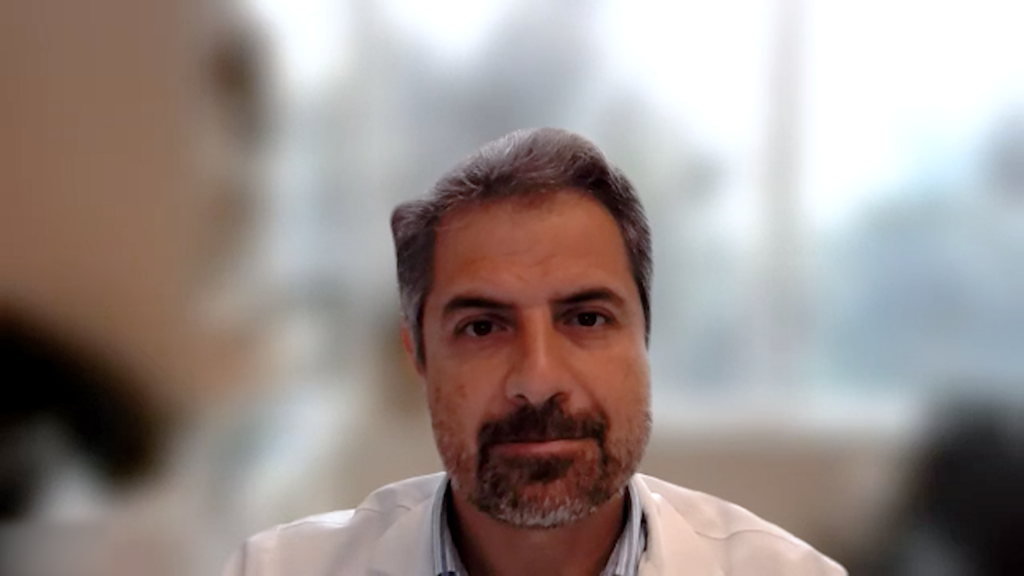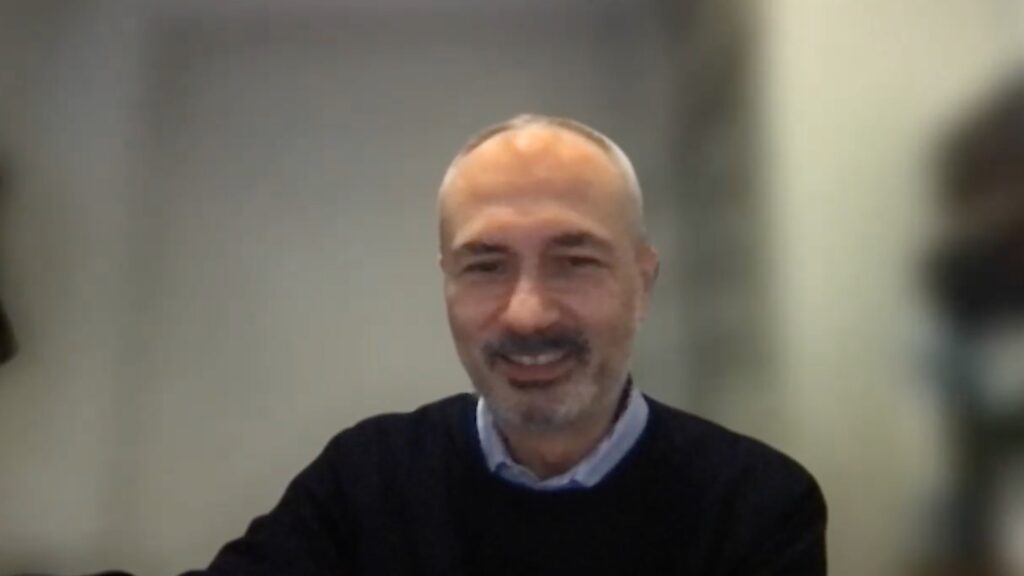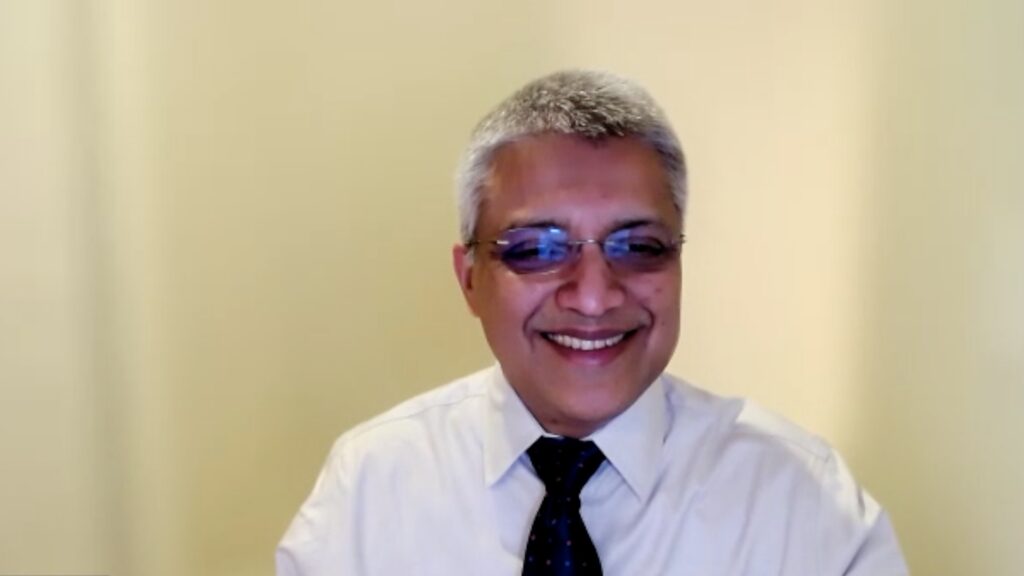touchONCOLOGY joins Dr Efstathios Kastritis (Department of Clinical Therapeutics, National and Kapodistrian University of Athens, School of Medicine, Athens, Greece) at ASCO 2021 to discuss the updated results from the phase 3 ANDROMEDA study.
The abstract ‘Subcutaneous daratumumab + bortezomib, cyclophosphamide, and dexamethasone (VCd) in patients with newly diagnosed light chain (AL) amyloidosis: Updated results from the phase 3 ANDROMEDA study (NCT03201965)’ (abstract number 8003) was presented at the 2021 ASCO Annual Meeting.
Citation: J Clin Oncol 39, 2021 (suppl 15; abstr 8003)
DOI: 10.1200/JCO.2021.39.15_suppl.8003
Questions
1. What was the rationale for the addition of subcutaneous daratumumab to the standard of care combination of bortezomib, cyclophosphamide, and dexamethasone in the treatment of systemic light chain amyloidosis? (00:15-00:57)
2. Could you tell us a little about the ANDROMEDA study and its initial findings? (00:57-02:16)
3. What have the updated results shown in terms of overall haematologic complete response rate? (02:16-02:54)
4. Were any unexpected toxicities associated with this quadruplet regimen, and how might it be refined in the future? (02:54-03:47)
5. What has been the clinical impact of the ANDROMEDA trial findings? (03:57-04:36)
Disclosures: Dr Efstathios Kastritis has no financial or non-financial relationships or activities to declare in relation to this video interview.
Support: Interview and filming supported by Touch Medical Media. Interview conducted by Helen Fowler.
Filmed in coverage of the 2021 ASCO Annual Meeting.

